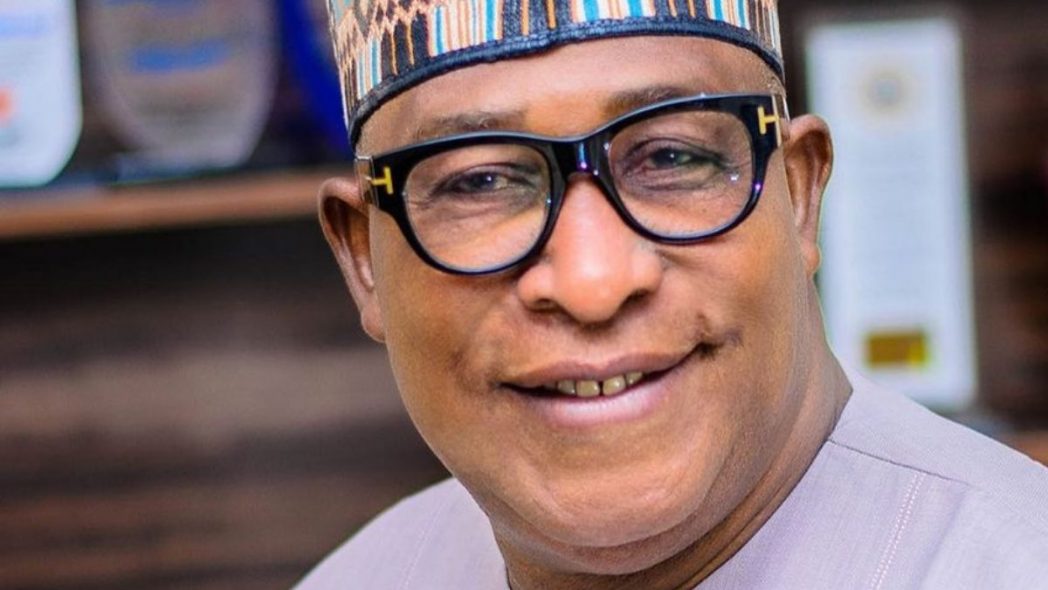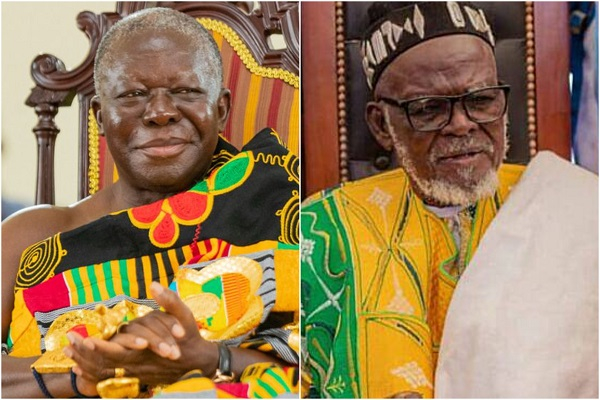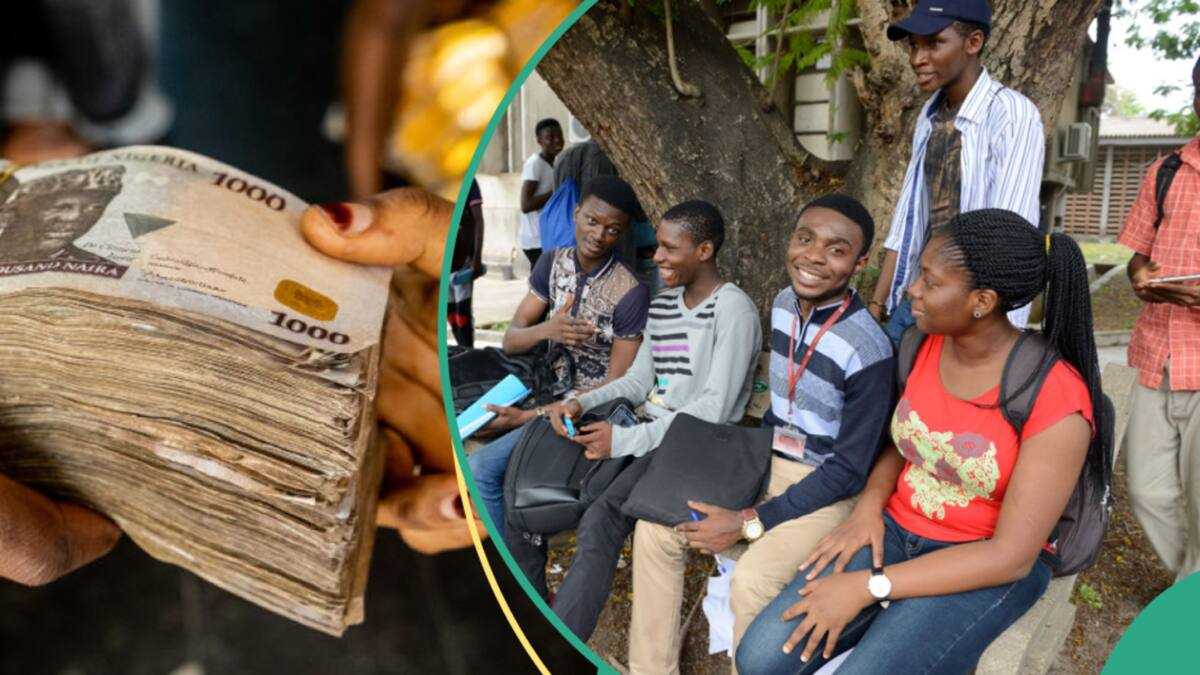Manhattan DA Alvin Bragg's survival a far cry from 2022 - Newsday
There is a telling footnote to the Democratic primary in New York City. While Zohran Mamdani was upsetting Andrew M. Cuomo in the New York City mayoral primary last week, few people noticed that first-term Manhattan District Attorney Alvin Bragg easily won his own nomination for reelection.
Such an easy glide for Bragg might have been hard to imagine in 2022 as his first four-year term evolved.
The election prospects of both challengers and incumbents can change more quickly than ever these days. An early frenzy over Bragg’s handling of the prestigious DA’s office once led by such famous figures as Robert Morgenthau and Frank Hogan was apparently forgotten by the time city residents began voting this month. Bragg won a laugher in the Tuesday primary with 178,095 votes or 73.35% according to election-night results, against marginal candidate Patrick Timmins, who got 63,890 or 26.31%.
Amid the post-COVID-19 crime spike, Bragg right away rattled police, law-and-order advocates and such elected officials as Mayor Eric Adams with a "day one" memo that he wouldn’t prosecute many lower-level offenses.
That by itself was enough for GOP gubernatorial candidate Lee Zeldin to say that if he won he’d act to remove Bragg from office. Also in 2022, uber-progressive Chesa Boudin would be recalled as DA in liberal San Francisco.
Among other Bragg controversies: In 2022 he ditched a fraud probe against Donald Trump begun by his predecessor and prosecuted subway passenger Daniel Penny in the lethal chokehold restraint of Jordan Neely, a mentally ill man who’d been menacing other passengers.
But in city and state politics, four years is a long time. Circumstances changed between elections. Homicides and shootings in the city fell. Penny was acquitted. Bragg had Trump convicted of felonies under a different criminal scenario than the one he rejected. Lenient bail laws were modified in Albany. Adams, not Bragg, fell into disrepute over how his administration handled the NYPD, among other things.
The heat was off.
"Even in the worst of times, I didn’t think he’d have a problem," a Democratic insider from Manhattan told The Point on Monday. "He listens to the noise but avoids it. People understand that he does his job. I’m not surprised he was not punished for anything he did in his job." As for Zeldin targeting Bragg, the source snipped: "Is he governor? I missed that."
Bragg faces a GOP/Conservative opponent in November, Maud Maron. She’s a former Legal Aid Society administrator and Cardozo School of Law professor with appealing credentials. But her chances are murky. There are 832,312 Democrats, and only 109,269 Republicans registered in Manhattan, according to the New York State Board of Elections website.
And with all the drama focused on the mayoral contest, local DA races are on the back burner. In Brooklyn, DA Eric Gonzalez didn’t even have a primary opponent. But given how electoral expectations can shift even in a matter of weeks, nothing in New York is guaranteed for November.

Credit: Creators.com/Jon Russo
For more cartoons, visit www.newsday.com/junenationalcartoons
With eight casino companies now officially vying for three downstate licenses, all eyes turn to the board with the clunky moniker that will make the initial decision on who the winners will be: the Gaming Facility Location Board.
Among the contending sites: Citi Field, Aqueduct, Coney Island, Ferry Point, Yonkers, Times Square, the far West Side and the land around the United Nations.
The list, unsurprisingly, doesn’t include Las Vegas Sands, which spent two years and hundreds of millions of dollars intensely publicizing and advocating for its plan to build a casino on the land surrounding Nassau Coliseum. The Sands New York website is now defunct, and there’s been no activity on its social media since April.
For the bidders who lasted long enough to apply by last Friday’s deadline, the next step is convincing a community advisory committee made up of members appointed by local officials to sign off on the proposal. Those committees are expected to be established in the coming weeks. Then the bidders will make any amendments to their application. The location board is expected to make its decisions by Dec. 1.
In a statement issued Monday, Gaming Commission Chairman Brian O’Dwyer promised a "fair, transparent, competitive, deliberative, and beneficial" process.
"This is a tabula rasa — there are no frontrunners or favorites," O’Dwyer wrote, perhaps to tamp down speculation that existing video lottery terminal locations like Aqueduct and Yonkers have an edge.
O’Dwyer emphasized the need for every project to have zoning and community advisory committee approvals before being considered by the location board.
O’Dwyer noted that the board would choose "up to three projects" — meaning fewer than three could be chosen.
The location board has seen musical chairs among its membership over the last two years and still does not have all five members.
In October 2022, the state Gaming Commission appointed three people to the board —- Vicki L. Been, a law and public policy professor at New York University who previously headed New York City’s Housing Preservation and Development agency; Quenia Abreu, who heads the New York Women’s Chamber of Commerce; and former Hofstra University President Stuart Rabinowitz. In early 2024, the commission added Ponce Bank chief executive Carlos Naudon, to bring the board up to four members.
Of those four, only Been, the board’s chairwoman, remains now.
The changes began late last year, when Abreu announced in November that she was resigning from the board. She gave no reason for her decision.
Then, in January, the commission appointed Marion Phillips III, a senior vice president with U.S. News & World Report who previously worked for the state’s Empire State Development agency, and former JPMorgan Chase managing director Greg Reimers. That filled both Abreu’s seat and the remaining vacant spot, fully constituting the board.
But it didn’t last long. In February, Naudon resigned. Again, no reason was given. Just days later, Pace University general counsel Terryl Brown was appointed to replace Naudon.
But three months later, Rabinowitz resigned to become chairman of Nassau University Medical Center.
So, now the board is left with four members — Been, Phillips, Reimers and Brown.
While the board can maintain a quorum with just three members, some observers suggested a fifth member might be necessary to break any potential deadlocks.
But as of now, sources told The Point, there are no immediate plans to replace Rabinowitz.












